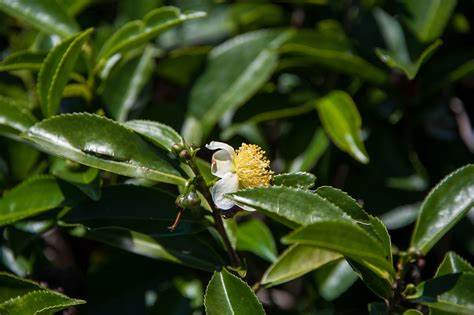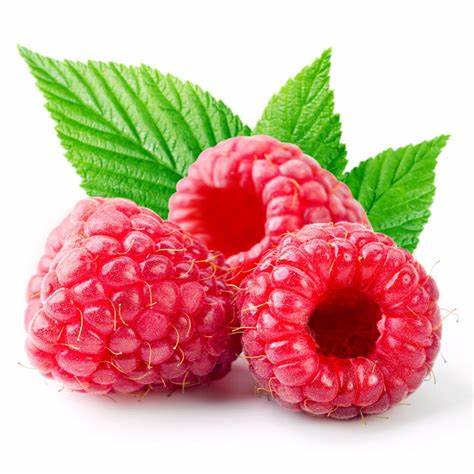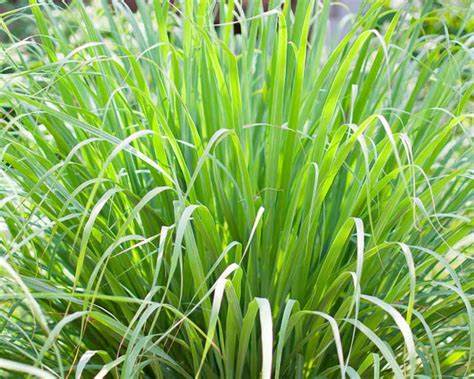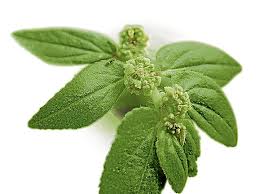The Health Benefits, Properties and Side Effects of Green Tea (Camellia sinensis)
Green tea (Camellia sinensis) is celebrated for its numerous health benefits, from boosting brain function to aiding weight loss. This article explores the chemical properties that make green tea a powerful beverage, while also highlighting potential side effects to ensure safe and informed consumption.
Health Benefits of Green tea
Green tea, derived from the leaves of the Camellia sinensis plant, is renowned for its numerous health benefits. Here are ten key advantages of incorporating green tea into your diet:
- Rich in Antioxidants: Green tea is packed with catechins, particularly epigallocatechin-3-gallate (EGCG), which help combat cell damage and reduce inflammation.
- Improves Brain Function: The combination of caffeine and L-theanine in green tea can enhance brain function, improving mood, vigilance, reaction time, and memory.
- Aids in Fat Burning: Green tea can boost metabolic rate and increase fat burning, especially when combined with exercise.
- Reduces Risk of Cancer: The antioxidants in green tea may lower the risk of various cancers, including breast, prostate, and colorectal cancers.
- Protects the Brain from Aging: Green tea can help protect the brain from neurodegenerative diseases like Alzheimer’s and Parkinson’s.
- Improves Dental Health: The catechins in green tea have biological effects, including killing bacteria and inhibiting viruses, which can improve dental health and reduce bad breath.
- Lowers Risk of Type 2 Diabetes: Green tea can improve insulin sensitivity and reduce blood sugar levels.
- Reduces Cardiovascular Disease Risk: Green tea can lower total and LDL cholesterol, as well as protect LDL particles from oxidation, which may reduce the risk of heart disease
The Chemical Properties of Green Tea
%2fcamellia_sinensis_03.jpg&ehk=FbqJvGB%2bQjF2G79j2dp8AVOwXGmkoNcu4kJnqtZVyag%3d&risl=&pid=ImgRaw&r=0)
Green tea (Camellia sinensis) is rich in a variety of chemical compounds that contribute to its health benefits. Here are some of the key chemical properties:
- Polyphenols: Green tea is abundant in polyphenolic compounds, particularly catechins. The most notable catechins include:
- Epigallocatechin-3-gallate (EGCG): The most potent and abundant catechin, known for its antioxidant properties.
- Epigallocatechin (EGC)
- Epicatechin-3-gallate (ECG)
- Epicatechin (EC).
- Alkaloids: Green tea contains caffeine, theobromine, and theophylline, which are known for their stimulating effects on the central nervous system.
- Amino Acids: L-theanine is a unique amino acid in green tea that promotes relaxation and counteracts the stimulating effects of caffeine.
- Vitamins and Minerals: Green tea provides various vitamins (such as vitamin C) and minerals (including potassium, calcium, and magnesium).
- Flavonoids: These compounds contribute to the antioxidant activity of green tea and include quercetin and kaempferol.
- Volatile Compounds: These are responsible for the aroma and flavor of green tea and include aldehydes, alcohols, and esters.
- Polysaccharides: These complex carbohydrates have been shown to have hypoglycemic effects.
- Trace Elements: Green tea contains small amounts of elements like manganese, fluoride, and aluminium.
These chemical properties make green tea a powerful beverage with numerous health benefits, including antioxidant, anti-inflammatory, and neuroprotective effects
Some Ways to Use Green Tea
Green tea (Camellia sinensis) can be enjoyed in various ways, each offering unique flavours and benefits. Here are some popular methods to use green tea:
- Traditional Hot Brew:
- Ingredients: Green tea leaves or tea bags, hot water.
- Instructions:
- Heat water to about 80-85°C (176-185°F).
- Add 1 teaspoon of green tea leaves or 1 tea bag per cup.
- Pour hot water over the tea and let it steep for 2-3 minutes.
- Strain the leaves or remove the tea bag and enjoy.
- Iced Green Tea:
- Ingredients: Green tea leaves or tea bags, cold water, ice.
- Instructions:
- Brew green tea as per the traditional method but use double the amount of tea leaves.
- Let the tea cool to room temperature.
- Pour over ice and serve chilled.
- Matcha Green Tea:
- Ingredients: Matcha powder, hot water.
- Instructions:
- Sift 1-2 teaspoons of matcha powder into a bowl.
- Add a small amount of hot water (not boiling) and whisk until smooth.
- Add more hot water to taste and whisk until frothy.
- Green Tea Smoothie:
- Ingredients: Brewed green tea, fruits (like bananas, berries), yoghurt, and honey.
- Instructions:
- Brew green tea and let it cool.
- Blend the cooled tea with fruits, yoghurt, and honey until smooth.
- Serve immediately.
- Green Tea Infused Recipes:
- Ingredients: Green tea leaves or powder, various recipe ingredients.
Safety and Side Effects of Green Tea
Green tea (Camellia sinensis) is generally safe for most people when consumed in moderate amounts. However, there are some potential side effects and safety considerations to keep in mind:
- Caffeine Content: Green tea contains caffeine, which can cause side effects such as insomnia, anxiety, irritability, and increased heart rate, especially if consumed in large quantities.
- Liver Health: High doses of green tea extract have been linked to liver damage in rare cases. It’s advisable to avoid green tea extract if you have liver problems.
- Iron Absorption: Green tea can reduce the absorption of iron from food. To mitigate this, avoid drinking green tea with meals or consider consuming it between meals.
- Stomach Issues: Drinking green tea on an empty stomach can sometimes cause stomach upset or nausea. It’s best to consume it after meals.
- Interactions with Medications: Green tea can interact with certain medications, including blood thinners, beta-blockers, and some antidepressants. Consult with a healthcare provider if you are on medication.
- Pregnancy and Breastfeeding: Pregnant and breastfeeding women should limit their intake of green tea due to its caffeine content, which can affect the baby.
- Bone Health: Excessive consumption of green tea may lead to decreased bone density due to its caffeine content, which can interfere with calcium absorption.
- Allergic Reactions: Some individuals may experience allergic reactions to green tea, such as skin rashes or respiratory issues.
To enjoy the benefits of green tea while minimizing risks, it’s recommended to consume it in moderation—typically no more than 3-4 cups per day.
External Links
Health benefits of Green tea
Side effects of green tea
chemical properties of green tea









Review Green Tea (Camellia sinensis).
You must be logged in to post a review.